Right. After looking into this I think that I'll just Get frustrated with the images of some of the older dslrs - I see quality high res pics every day at the studio and I'll just be annoyed that my camera can't do that! So, back to the original plan - going to get a reasonable 35mm camera, then save up for a nice dslr later. Sorry for faffing so much!

A few points.
During the many decades I shot film, cameras could be a long-term purchase. Film was constantly improving, and so was your image quality. My Brooks VeriWide100 was made in the late 1950s as near as I could tell, and it served me well into the past decade when I sold it for about what I had paid for it. At that time, nearly identical cameras were being still being made by Linhof, Horseman and Alpa, had I needed to replace it.
Now, digital cameras
ARE the film. The only way to get better image quality than your current camera, is to buy a better one. In the early days of digital photography, there was a clamor to design cameras that could have their sensors upgraded. This ignored the fact, that there was also a powerful little computer in there. If a company built such a body with an replaceable sensor, say 4MP in 2003, when you upgraded in 2006 to a 10MP sensor, everything would be happening at a glacial pace with the 2003 computer being overwhelmed. So you would have to also upgrade the little computer. The upgrade—given labour costs—would have been much more expensive than a new camera off the production line.
Being a digital image capture device, the technology follows Gordon Moore's 1966 Law to a certain extent. There is no planned obsolescence as in cars half a century ago. Makers don't just move a bit of trim about and slap on a sticker that says "New and Improved". When I bought my D700, in 2008 with its big, full-frame sensor, it represented the state of the art in low-light photography. Now in early 2012, I have the X-Pro1 with a sensor half the size that equals or exceeds it, at roughly half the price. The camera business is cutthroat competition. A number of old, established companies could not compete and have vanished. Each generation of technology, brings with it progress that empowers the photographer to shoot under conditions unimaginable a few years before. These are improvements, that allow the skilled shooter to genuinely shoot what was impossible yesterday.
With a digital, all the cost is up front. Once equipped, the only ongoing expense, is storage on your computer; and it is incredibly cheap. Film photography
IS an endless ongoing expense. If you do your own processing—the cost of film, paper and chemicals. If you use a lab, there is the cost of processing and printing—plus your time and travel costs to and from the lab. Plus, the lab prints everything. With digital, you may shoot a dozen exposures of a subject, experimenting with angles and lenses, then pick the one that best delivers your message. With film, you get shoe boxes full of prints—many redundant. If you are intent on learning to be, or being a photographer, the cost is substantial. I found that within six months, my initial digital cameras had completely paid for themselves, when compared to the cost of ownership of my film cameras before them.
I learned photography through film, and it was enormously expensive. I bought film in bulk and did my own processing for the most part—which I also had to learn—but none the less, the cost of becoming a photographer was costly. There was a substantial time-gap between what I was trying to learn and the results I got. At the cost of film, one tended to use every exposure before processing. One processed, I would have to examine the results and try to remember exactly what I had tried to do on each shot—and what I needed to improve. There was a time-disconnect between action and results—an ineffective way to learn.
Digital cameras have monitors. Immediately after the shot, you can view it and analyze your result. Exposure over or under—why? The scene is before you and your settings are still on the camera for analysis and learning. Image is fuzzy—why? Out of focus—did you choose the best focusing method? Camera movement—what is your shutter speed in relation to your focal length? Bad colour—why? Shooting under mixed light or light beyond what auto-white-balance can handle? Time to learn to do a manual white-balance?
Certainly the easiest, cheapest and most effective learning tool in the near two centuries of the medium of photography. Learning is totally interactive. You can try something and you immediately see the effect. At no cost, you can find solutions by trying as many approaches as you need, with constant feedback from the camera.
 I'm only planning to buy it now as I have the voucher - I was going to wait for a few months but it seems silly to waste the eBay voucher! So my budget is pretty tiny - ideally around £50/£60ish, though I can be flexible and up it a bit you guys spot a bargain
I'm only planning to buy it now as I have the voucher - I was going to wait for a few months but it seems silly to waste the eBay voucher! So my budget is pretty tiny - ideally around £50/£60ish, though I can be flexible and up it a bit you guys spot a bargain  Figured I can always pick up new glass/toys later.
Figured I can always pick up new glass/toys later.
